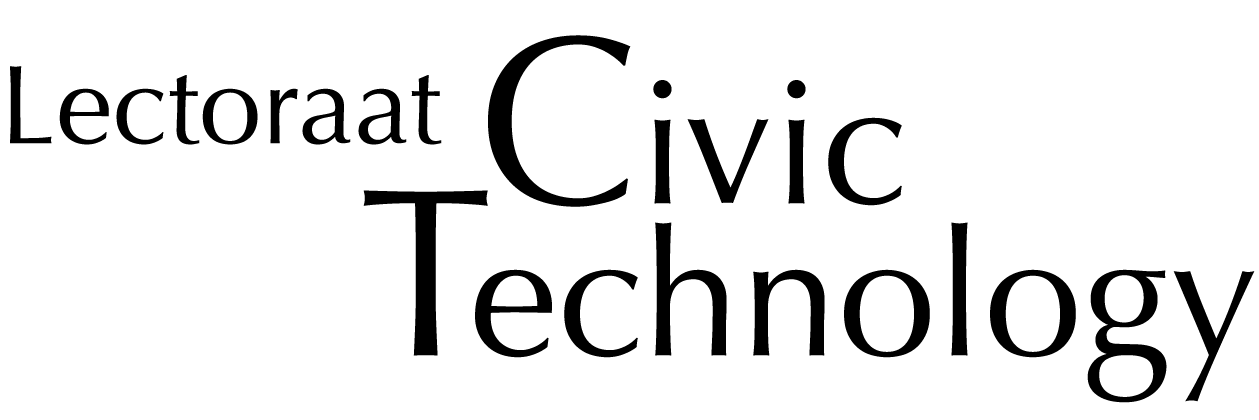van Leeuwen, J.P., Hermans, K., Quanjer, A.J., Jylhä, A., Nijman, H. 2018. “Using Virtual Reality to Increase Civic Participation in Designing Public Spaces.” In: Proceedings of the European Conference on Digital Government, Santiago de Compostela, Spain, Oct. 2018.
Abstract
Municipalities increasingly seek to include citizens in decision-making processes regarding local issues, such as urban planning. This paper presents a case study on using Virtual Reality (VR) in a process of civic participation in the redesign of a public park. The municipality included citizens in intensive co-design activities to create three designs for the park and engaged the neighbourhood community in co-decision, in the form of a ballot. Through the civic participatory process, we studied the effectiveness of using VR technology to engage the community in participating in the co-decision process. The three designs were presented using highly realistic 360 ̊ visualisations and the effects on engagement were compared between various devices: VR headsets, smartphones, tablets, and computers. Viewing the designs in 2D paper plans was also included in the comparison. The study included over 1300 respondents that participated in the ballot. A statistical analysis of the collected data shows that participants viewing the 360 ̊ rendered images with VR technology expressed a significantly higher engagement in the co-decision process than those using their computer at home or viewing 2D paper plans. The paper describes the complete participatory design process and the impact of the e-governance used on the target group as well as on the actors organizing the e-governance process. We discuss how the use of new technology and active presence of a voting-support team inspired citizens to participate in the co-creation process and how the investment in this procedure helped the local authorities to generate support for the plans and strengthen its relationship with the community. The use of realistic visualisations that can be easily assessed by citizens through user-friendly technology, enabled a large and diverse audience to participate. This resulted in greater visibility of municipal efforts to enhance the living environment of citizens and is therefore an important step in increased civic engagement in municipal policy-making and implementation.
